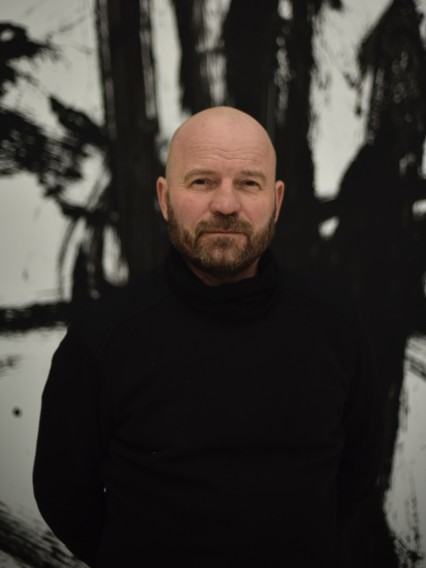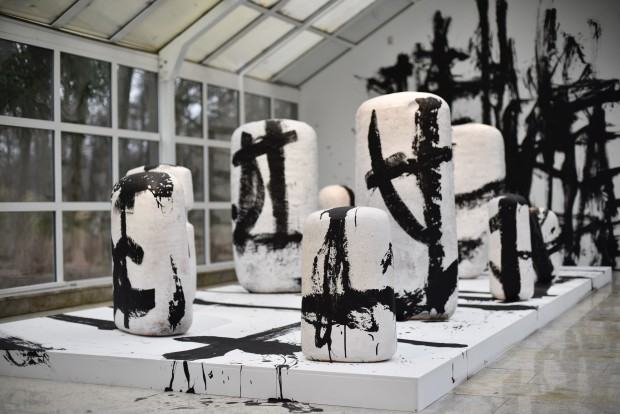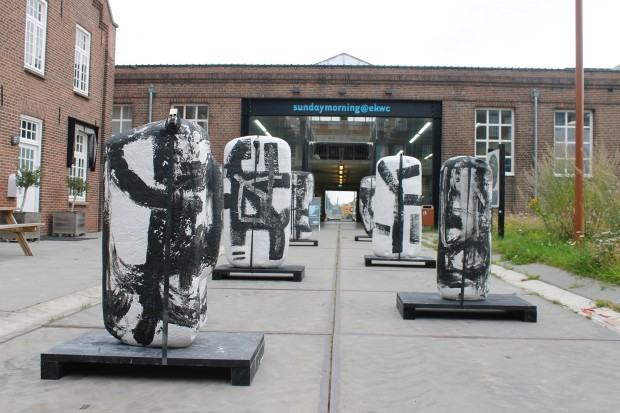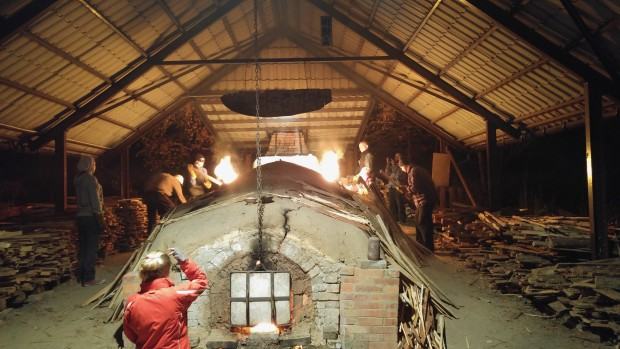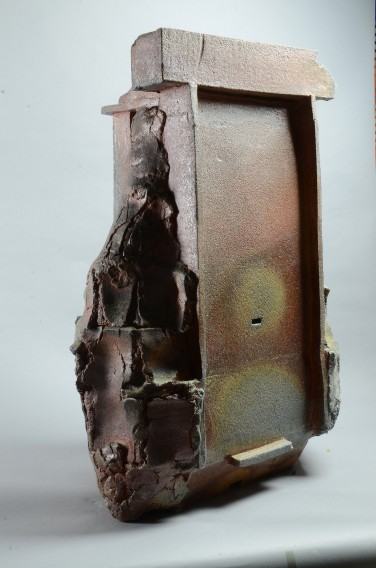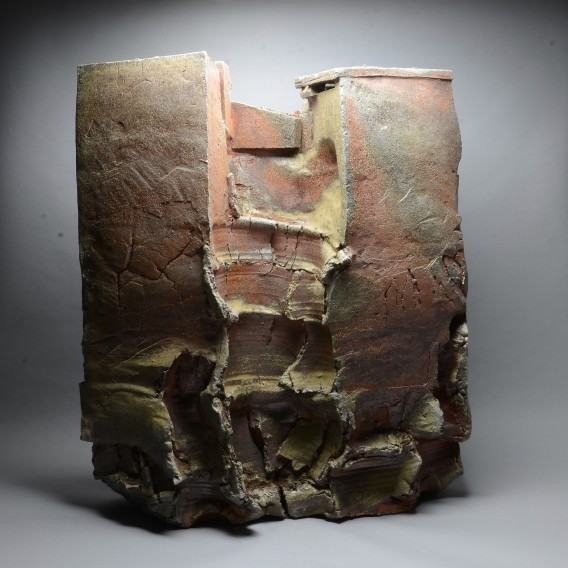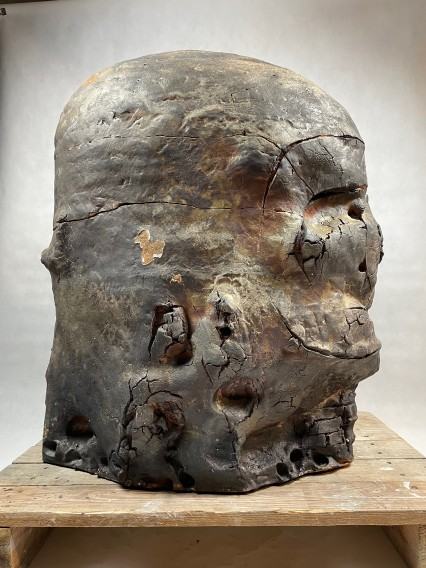Supervisor in the Doctoral School
dr hab. Michał Puszczyński
Faculty, department, studio: Faculty of Ceramics and Glass, Alternative Ceramic Firing Studio
Faculty of Sculpture and Art Mediation, Sculpture Techniques Studio- Ceramics
Biographical note
Phd Michał Puszczyński (born 1976) works at the Eugeniusz Geppert Academy of Art and Design in Wrocław in the Faculty of Ceramics and Glass as well as in the Faculty of Sculpture and Art Mediation. He has participated in numerous exhibitions, symposia, projects, and artist residencies in Europe, the USA, and Asia. He is a pioneer in Far Eastern wood-fired ceramic techniques and, in 1999, he built the first anagama kiln in Poland. Since 2006, he has been implementing a unique program in this field at the Open Air Center of the Academy in Wrocław. He has received several awards, including the Marshal of the Silesian Voivodeship Award for Young Artists, the Rector's Award of the Academy of Art and Design, the "Young Poland" scholarship from the Ministry of Culture and National Heritage, and a scholarship from the Minister of Culture and National Heritage. In 2019, he received a scholarship from the Polish-American Fulbright Foundation. He is a member of the International Academy of Ceramics (IAC) in Switzerland. From 2020 to 2021, he served as an advisor at the European Ceramic Work Center (EKWC) in the Netherlands.
Achievement
- Advisor at the European Ceramic Work Center (EKWC) , Oisterwijk, Netherlands ( 2020-2021)
- Fulbright Senior Award 2019- 2020, Northern Arizona University, Flagstaff, USA
- since 2019 member of the International Academy of Ceramics (IAC) , Switzerland.
- Out of the Earth and Fire/ Michał Puszczynski , Polish Sculpture Center in Oronsko, 02.02-24.04.2024, Oronsko, Poland
- The Matter of Space - Polish contemporary ceramics, Mark Rothko Art Centre, 29.07- 10.09. 2022 , Daugavpils, Latvia
Supervision
Language of consultations: Polish, English
Characteristic of the projects and research in which the PhD student is to be subsumed, including the expected practical and theoretical competencies of the PhD student
A PhD student involved in projects and research in the broadly understood fields of ceramics and sculpture should have extensive practical and theoretical competencies, supported by experience in group work and teaching. The PhD student is expected to actively participate in innovative research projects, create unique works of art, and support the educational development of students, thus contributing to the advancement of these fields. The PhD student will be involved in research on innovative ceramic firing techniques, including wood-firing techniques such as anagama and other alternative methods. These projects may include, for example:
- Construction and testing of various types of ceramic kilns.
- Experiments with different types of clay and glazes.
- Analysis of the influence of temperature and firing time on the properties of ceramics.
Characteristic of didactic cooperation between the supervisor and the PhD student
Effective educational collaboration between the PhD student and the supervisor requires engagement from both parties, clear communication, and a shared commitment to achieving academic and educational goals. The PhD student should be well-prepared in terms of subject matter, have teaching experience, and possess teamwork skills. The supervisor’s role is to support the student in developing these competencies and in building their academic career.
The PhD student should possess advanced knowledge in their specialization, including familiarity with current research, theories, and practices in the fields of ceramics and sculpture. They should be capable of conducting independent artistic projects, including planning experiments, collecting and analyzing data, and drawing conclusions.
The PhD student should have teaching skills, such as planning and conducting classes, creating educational materials, and assessing student progress. They should have the ability to communicate clearly and effectively, both orally and in writing, including the ability to deliver lectures, presentations, and write academic papers.
The PhD student should have experience in teamwork, including the ability to collaborate with other artists, students, and university staff. They should be able to work effectively in interdisciplinary research and project teams.
The PhD student should be engaged in the educational process, which means not only imparting knowledge but also inspiring students to think independently and undertake artistic activities.

